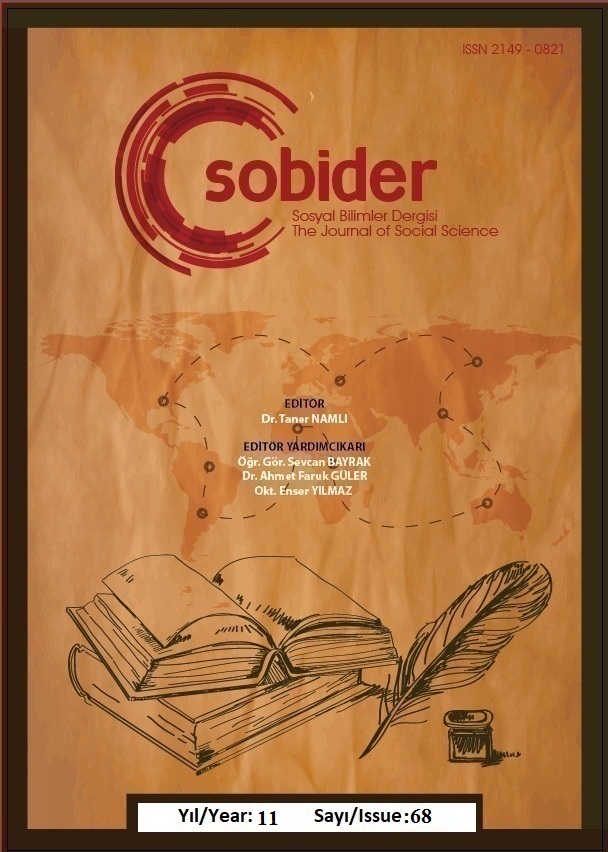Author :
Abstract
XVIII. yüzyılda bir Avrupa devleti olmayı hedefleyen Rusya yoğun çeviri faaliyetleri sayesinde Batı Avrupa’nın kültürel mirasına ortak olma fırsatı yakalamıştır. Söz konusu dönemde Archimedes’in teoremleri ve Eukleides’in “Elementler” i pozitif bilimlerden Rusçaya kazandırılan belli başlı eserler arasındadır. Yine bu dönemde çevrilen Apollodorus’un “Yunan Mitolojisi” eseri Rusçaya çevrilen ilk mitoloji konulu eserlerden biridir. XVIII. yüzyıl Rusya’sında çevrilen belli başlı felsefe eserleri arasında Aristoteles’in “Politika” ve Retorik”, Platon’un “Diyaloglar”, Theophrastos’un “Karakterler” ve Epiktetos’un “Enkheiridion” eserleri öne çıkmaktadır. A. D. Kantemir, M. V. Lomonosov, V. S. Podşivalov, A. K. Barsov, G. A. Poletika gibi Rus kültür tarihinin önemli isimleri bu eserlerin çevirmenleri olarak karşımıza çıkmaktadır. Çalışmada XVIII. yüzyıl Rusya’sında Antik edebiyattan yapılan pozitifi bilim, felsefe, mitoloji konulu eserlerinin çeviriler ela alımıştır. Ayrıca söz konusu eserleri Rusçaya kazandıran, her biri Rus kültür tarihinin önemli isimleri arasında yer alan çevirmenler tanıtılmıştır
Keywords
Abstract
Russia, which aimed to become a European state in the 18th century, had the opportunity to share the cultural heritage of Western Europe thanks to intensive translation activities. During the period in question, Archimedes' theorems and Euclid's "Elements" were among the major works from positive sciences brought into Russian. Apollodorus's work "Greek Mythology", also translated during this period, is one of the first works on mythology translated into Russian. Among the major philosophical works translated in 18th century Russia, Aristotle's "Politics" and Rhetoric", Plato's "Dialogues", Theophrastus's "Characters" and Epictetus's "Enkheiridion" stand out. Important names in Russian cultural history such as A. D. Kantemir, M. V. Lomonosov, V. S. Podshivalov, A. K. Barsov, G. A. Poletika appear as translators of these works. In the study, translations of works on positive science, philosophy and mythology from ancient literature in 18th century Russia were examined. In addition, the translators who translated these works into Russian, each of whom is among the important names of Russian cultural history, are introduced.





